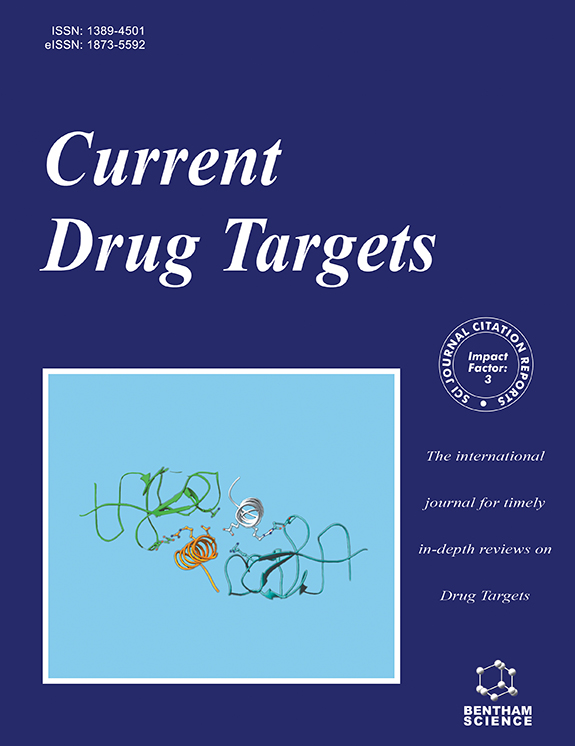
Current Drug Targets
Current Drug Targets publishes guest edited thematic issues written by leaders in the field covering a range of current topics of drug targets. The journal also accepts for publication full-length/mini review articles and drug clinical trial studies.
As the discovery, identification, characterization and validation of novel human drug targets for drug discovery continues to grow; this journal is essential reading for all pharmaceutical scientists involved in drug discovery and development.
Editor-in-Chief:
-
Hao LinSchool of Life Science and Technology
Center for Informational Biology
University of Electronic Science and Technology of China (UESTC)Chengdu
China
ISSN: 1389-4501 (Print)
eISSN: 1873-5592 (Online)



